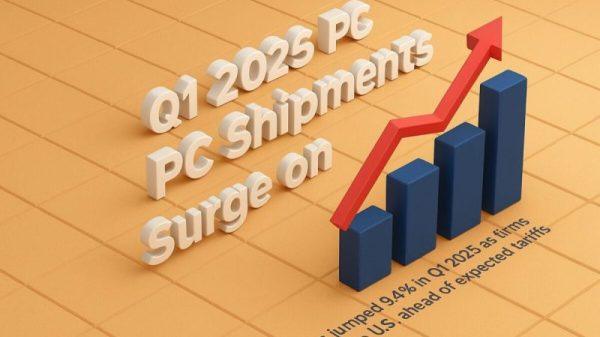Investing.com — Investors attempting to replicate the “Trump trade” strategy from 2016 in today’s market “are making a mistake,” BCA Research strategists said.
In a note released Thursday, BCA’s team notes that investors expecting similar economic conditions and policy outcomes under Donald Trump’s new term are missing key differences in the macroeconomic landscape.
The primary challenge lies in the contrasting inflation and interest rate environment. In 2016, both rates and inflation were historically low, allowing fiscal stimulus to fuel economic expansion without major inflationary pressures.
Today, however, inflation is significantly higher, and bond yields have risen to levels that complicate the effects of additional fiscal stimulus. BCA emphasizes that even if substantial stimulus measures were implemented, “it will not be welcomed by markets as it was in 2016.”
This time, rising bond yields are likely to prompt a negative response from the equity market, which has recently shown sensitivity to inflation expectations and interest rate increases.
“A negative stock market reaction to higher bond yields and inflation expectations will act as a constraint both on how high Treasury yields can rise and on how aggressively policymakers pursue fiscal stimulus,” strategists led by Ryan Swift noted.
BCA also flags Trump’s planned policies on tariffs and immigration as further risks to economic growth. While new tariffs may boost prices for goods, they would also pressure the already struggling US manufacturing sector unless offset by meaningful demand-side stimulus.
Moreover, immigration restrictions could exacerbate a slowdown in labor supply growth, dampening employment and limiting household spending.
“The prime-age participation rate should flatten-off now that it is above pre-pandemic levels, and tighter immigration policies will cause population growth to fall,” strategists said.
“These factors will lead to slower employment growth, which will weigh on aggregate household income and spending,” they added.
In bond markets, BCA anticipates short-term rises in Treasury yields but sees longer-term declines as economic factors restrain yield increases.
Federal Reserve Chairman on Thursday said the central bank remains on an easing path, though the pace and the ultimate endpoint of that easing will be data-dependent.
BCA strategists continue to expect more easing than the market over the coming 6 to 12 months but added that another 25 basis point cut in December is not guaranteed.




































